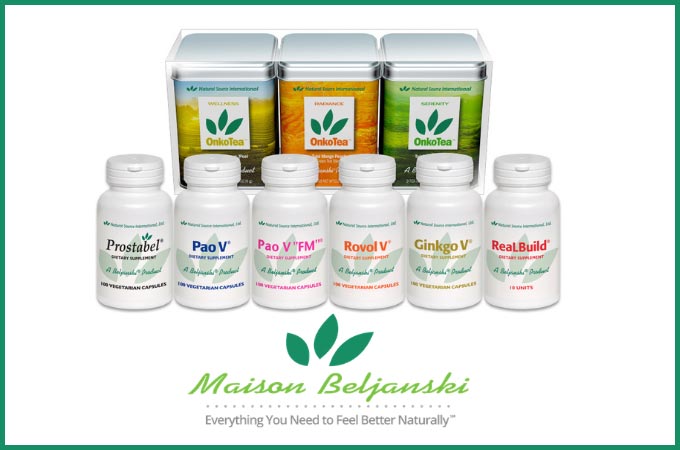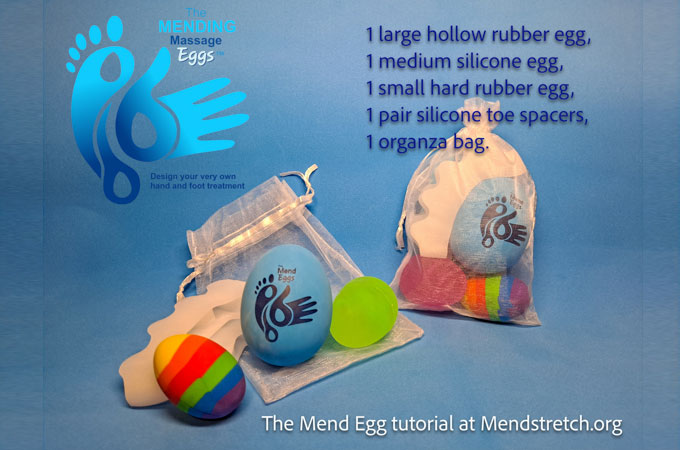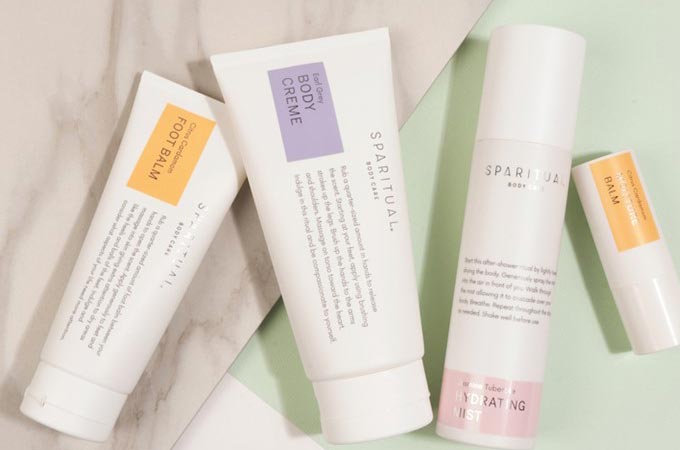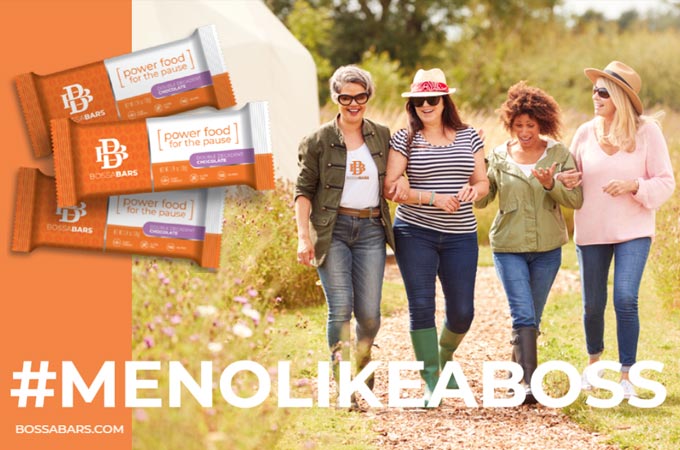Legal Battle Erupts Over Whose Plastic Consumers Should Trust
In 2007, Eastman Chemical began marketing a tough new BPA-free plastic called Tritan. Business was good, says Lucian Boldea, a vice president at Eastman.
"We were able to make the statement that our product is not made with BPA and would release data to consumers to support that fact," he says.
BPA, short for bisphenol A, is a chemical that can act like the hormone estrogen. While environmental groups and the government still disagree about whether BPA or any estrogen-like chemicals pose a health risk, consumers are clear that they want Sippy cups and water bottles made of plastics they consider safe.
About a year ago, a scientist named George Bittner published a study of more than 400 plastic products, including some made with Tritan. Bittner is the founder of PlastiPure and CertiChem, which tests products for chemicals that act like estrogen. PlastiPure helps manufacturers make EA-free plastic products — plastics free of any chemical with estrogen-like activity.
Bittner's study found problems with a wide range of BPA-free products, including Tritan.
"We found that most other plastic products also released chemicals having estrogenic activity," Bittner explains. He says even products that had no estrogenic activity when they came off the shelf changed under certain conditions, "such as boiling, microwaving, dishwashing or exposing to sunlight."
Eastman responded to the study by declaring that Tritan products are not only BPA-free but EA-free, and it filed a lawsuit against CertiChem and PlastiPure.
Eastman's Boldea says Bittner's study subjected products to extreme conditions not found in the home. Furthermore, he says, there's a conflict of interest with Bittner's ownership of both companies.
But Bittner says other tests confirmed the finding, and that Eastman is just trying to squelch scientific evidence that makes its products look bad.
























